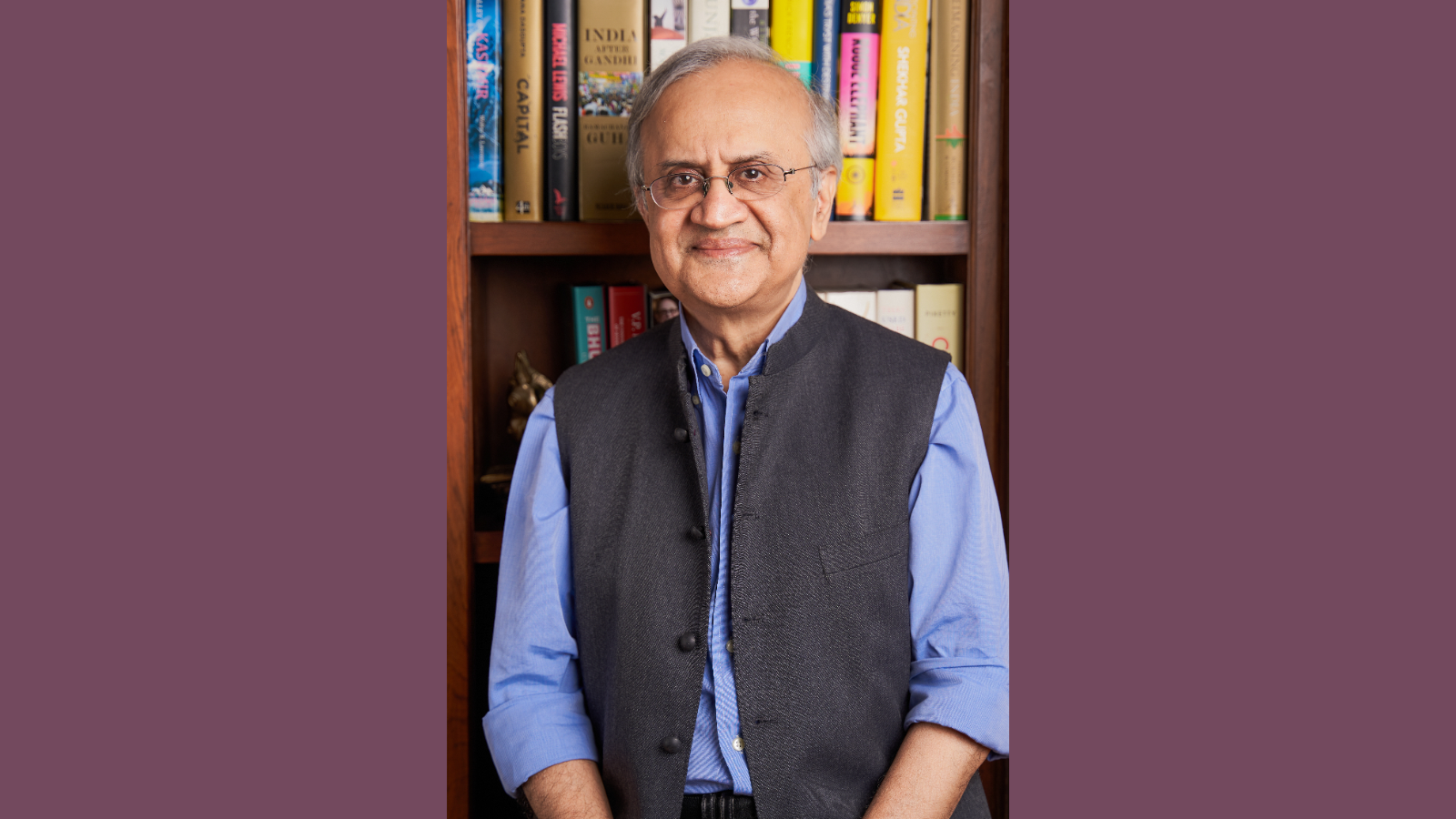On Friday, students preparing to leave for higher education in Canada were surprised by the news of Canada reducing its diplomatic presence in India and withdrawing visa and consular services in Chandigarh, Mumbai and Bangalore. Speaking to The Indian Express on the potential impact of the escalating tensions between the two countries, Viral Doshi, a well-known education consultant in Mumbai, expressed concerns about the inevitable delays in obtaining student visas. More significantly, he emphasised the anxiety that this diplomatic dispute has sowed in parents’ minds. However, he is positive that this is just a “hiccup” and it won’t affect Canada’s popularity as a higher education destination in the long run.
Q. What do you think will be the immediate impact of Canada’s decision to with consular and visa services from three cities?
A very immediate impact will be a delay in obtaining a visa for students wanting to leave in January. This is because students will not be able to apply at the local consulate and travel to Delhi instead. But I’m not very worried by this because a smaller number of students join Canadian universities in January due to difficulties in adapting to the winter weather. More than 95% of Indians opt to join during the August-September intake. The new development is more of a hiccup, with everybody hoping that the situation will improve by the fall semester next year. But beyond the adverse impact on visas, there are other apprehensions among parents.
Q. What are those apprehensions?
There are other apprehensions among parents. Earlier, one would worry about undercurrents of racism there. But now there are concerns about who is pro-Khalistani and who isn’t. Based on the news reports, parents are likely to worry about safety.
There have been sporadic instances in western Canada, but campuses have not been significantly impacted. Batches of students who have already settled there also report that it is largely safe. Admission directors at universities have addressed safety concerns from Indian students planning to study in Canada. While currently, everyone wants to wait and see, there are also parental concerns about the long-term. Will the students be accepted in Canada, and will they be granted a work permit, which is a major attraction of studying in Canada? We’ll have to wait and see how this situation unfolds.
Most Read
AR Rahman ‘totally changed’ after embracing new faith, changing name from Dilip Kumar: Sivamani
Leo box office collection Day 2: Vijay-starrer witnesses 44% drop on second day, manages to cross Rs 100 crore nett in India
Q. What is your advice to Indian students preparing for admissions for the Fall Semester next year?
This is an unprecedented situation. It is prudent to adopt a wait-and-see approach. However, no one is canceling Canada. It has always been a popular study abroad destination for Indians. Additionally, Indians make up a significant contingent at Canadian universities. Considering all these factors, there is a great optimism that the issues will be resolved shortly after this hiccup. Nonetheless, students are looking into alternative options, so that in case the situation doesn’t improve by the time of the August intake, even after securing admission, they might consider redirecting their study abroad plans. While the US and UK remain options, European countries are also gaining interest.
Q. Do you anticipate a dip in the number of Indian students going to Canada?
This is unlikely as everybody is positive about things changing. There might be a slight drop in the number of Indian students going to Canada but US, UK or other options are not as cost-effective. Students might take a break and try to take up courses here in India too. Various Indian universities too are emerging as popular choices for many Indian students. Some of them also offer credit transfer with Canadian universities which allows Indians to begin studying here and then continue the course later in Canada.
Q. What do you think the Canadian universities should do at this time?
I would appeal to Canadian universities to continue dialogue with Indian students and their parents. There is a need for reassurance. The universities in Canada have always been accommodating to students. For example, if there are issues in obtaining a visa, prospective students are given extensions to join. It has been a popular choice for Indians as it is a friendly and welcoming society apart from being cost-effective when compared to the US. But in current times, continuous communication with Indian students by Canadian universities will be really reassuring.


